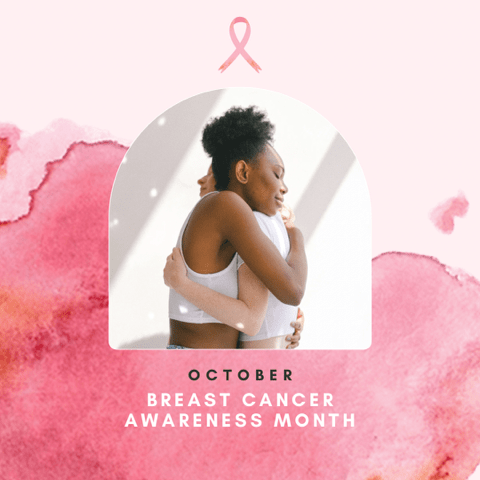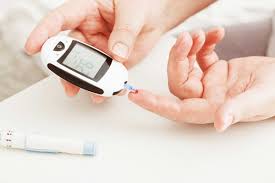Prevention: A Fence or Ambulance
One of my favorite poems is entitled The Ambulance Down in the Valley. It was written by Joseph Malins in 1895. In his poem, Malins argues persuasively for applying a proactive approach rather than a rescue approach to life circumstances. Malins writes, “Why not put a fence around the edge of a cliff rather than have an ambulance in the valley?” In other words, why not aim for prevention rather than spend time and money repairing consequences that result from lack of prevention. In terms of the consequences of colon cancer, what do you think the answer would be? Let’s explore this together. Consider two examples:
- A 55 year-old woman request to have a colonoscopy without any prompting from her physician. She had no symptoms of abdominal pain nor did she see blood in her stools. When the colonoscopy was performed, the specialist discovered colon cancer. This unfortunate discovery turned into a fortunate consequence because the cancerous tumor was successfully removed with no subsequent need for chemotherapy. She has been cancer free for well over seven years. Indeed, she built a strong fence around the edge of her cliff!
- A 52 year-old man completed a fecal stool test to screen for colon cancer. This test checks for traces of hidden blood that cannot be seen with the naked eye. His stool tested positive for blood. Positive findings require a follow-up colonoscopy which he agreed to have. The colonoscopy revealed a colon cancer that was found early enough to be removed surgically with no need for chemotherapy! Another example of a fence around the cliff approach.
What are the Facts?
- Colorectal cancer is the third leading cause of death from cancer in the United States.
- Each year over 150,000 cases of colorectal cancer are diagnosed.
What are the Screening Recommendations?
- The United States Preventive Services Task Force recommends screening for colon cancer starting at age 50 by any one of three options: annual testing for blood in the stool, sigmoidoscopy every 5 years, or colonoscopy every 10 years.
- Because the risk is higher in African Americans, it is suggested that screening start at age 45 and be done by colonoscopy.
The Proactive Approach (The Fence around the Cliff)
It is well documented that screening for colon cancer saves lives. Screening allows physicians to find cancers or precancerous polyps before symptoms start. Any of these 3 tests are reliable. The costs of screening is far less than the cost of treating cancer. Moreover, the cost of treating cancer at an early stage is much less expensive than when diagnosed at a later stage. Additionally, there are lifestyle factors that help lower one’s risk for colon cancer. Namely, reducing alcohol use to no more than 3 drinks a day for men, and 2 drinks for women, discontinuing cigarette use, weight management, and regular exercise. So, there are multiple opportunities for building a strong fence around the edge of life’s cliff!
The Rescue Approach (Ambulance in the Valley)
Awakening from a colonoscopy with news of having advanced colon cancer is a frightening discovery. Besides coming to grips with the diagnosis and sharing the news with family, the future usually consist of multiple visits to various specialist, blood tests, cat scans, pet scans, chemotherapy, and surgery. Depending on location of the cancer, some people may need a “colostomy bag” for a period of time after surgery. Others may require a permanent colostomy.
With advanced surgical techniques and highly specialized cancer drugs, there are people diagnosed with advanced colon cancer who have successful responses to treatment. Still, while every life is precious, these are rescue approaches that are extremely costly to the individual and to the health care system. Particularly, when there is a preventive and safer approach.
In spite of this, according to the Centers for Disease Control and Prevention (CDC) only 65% of the adult population are up to date with this important screening. It goes without saying, ‘an ounce of prevention is worth a pound of cure.’ Are you in the age group for colon cancer screening? If yes, are you up to date? First and foremost, the responsibility belongs to the individual. Why are you waiting? Don’t wait for the ambulance down in the valley to pick you up. Build a strong fence of prevention around your life and joyfully share your story.




